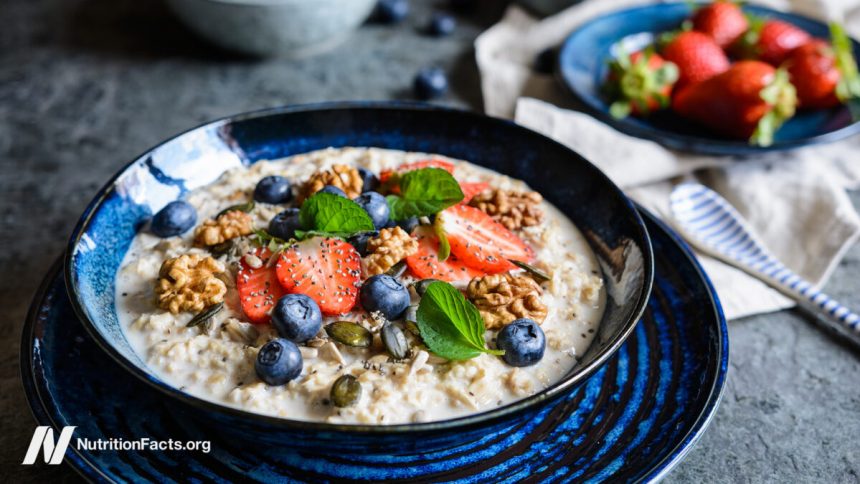Why are calories eaten in the morning less fattening than calories eaten in the evening? One reason is due to diet-induced thermogenesis, where more calories are burned off in the morning as your body processes the meal. Research has shown that the body uses up about 50% more calories to digest a meal in the morning compared to the evening. For example, a 1,200 calorie meal eaten in the morning may only end up providing about 900 calories, while the same meal eaten at night could provide closer to 1,000 calories.
A study conducted by Italian researchers had participants eat the same meal at 8:00 am and 8:00 pm, and found that the morning meal took about 300 calories to digest, while the evening meal only used up about 200 calories. This difference is explained by chronobiology, where our circadian rhythm causes us to burn more calories processing meals in the morning. Our body expects to be active during the day, so it stores energy in the form of glycogen to fuel our muscles, which requires extra energy to process.
On the other hand, in the evening, our body prepares for sleep and uses blood sugar as an energy source instead of storing it as glycogen. This may result in burning less body fat. Additionally, our muscles are more sensitive to insulin in the morning, pulling blood sugar out of the bloodstream and storing it as glycogen. This can lead to better blood sugar control and more efficient weight loss when calories are consumed earlier in the day.
Therefore, shifting your caloric intake towards the morning can offer the benefits of weight loss, improved blood sugar control, and overall better energy utilization throughout the day. Research suggests that loading your calories towards the beginning of the day may have triple benefits for your health.





